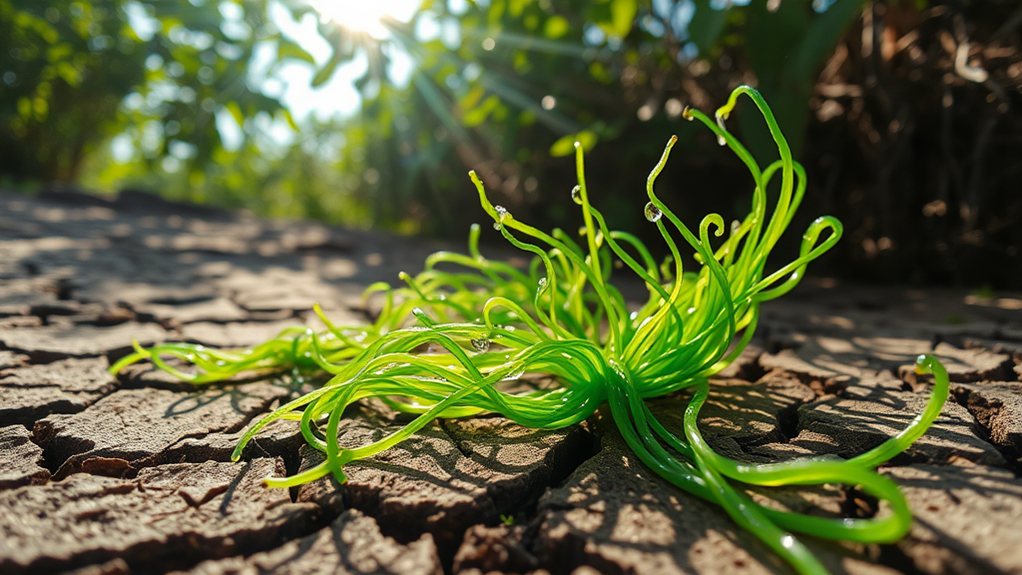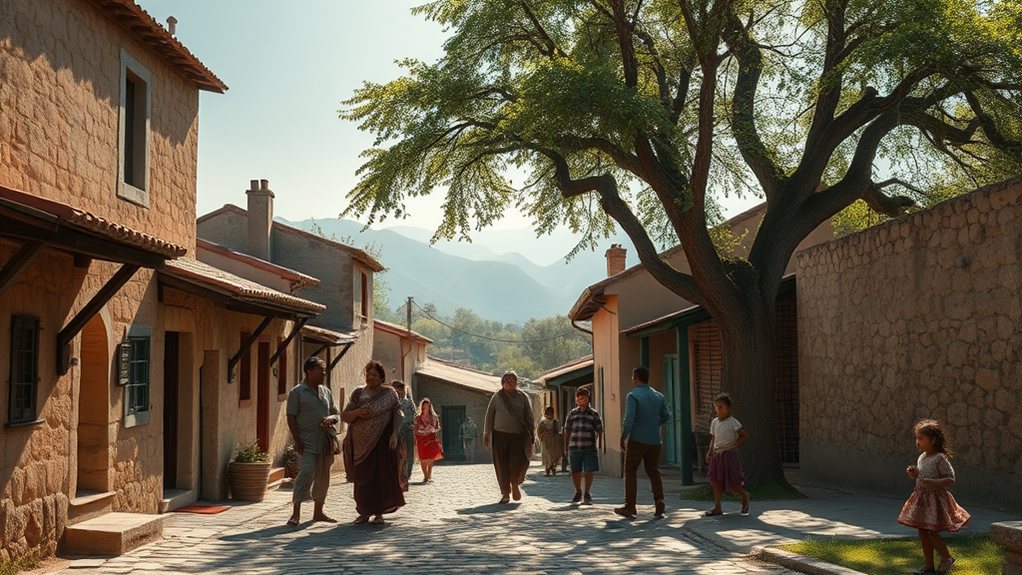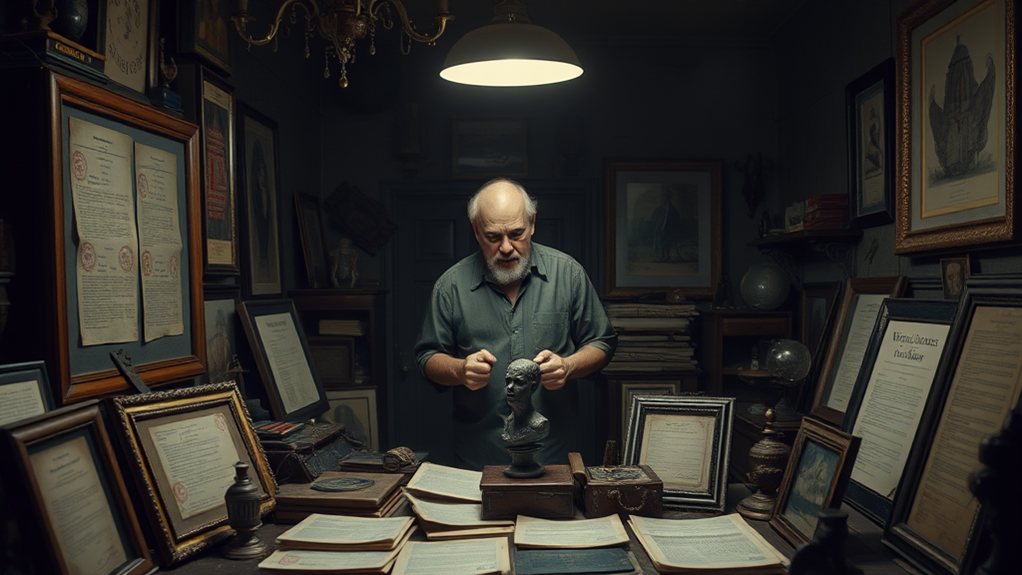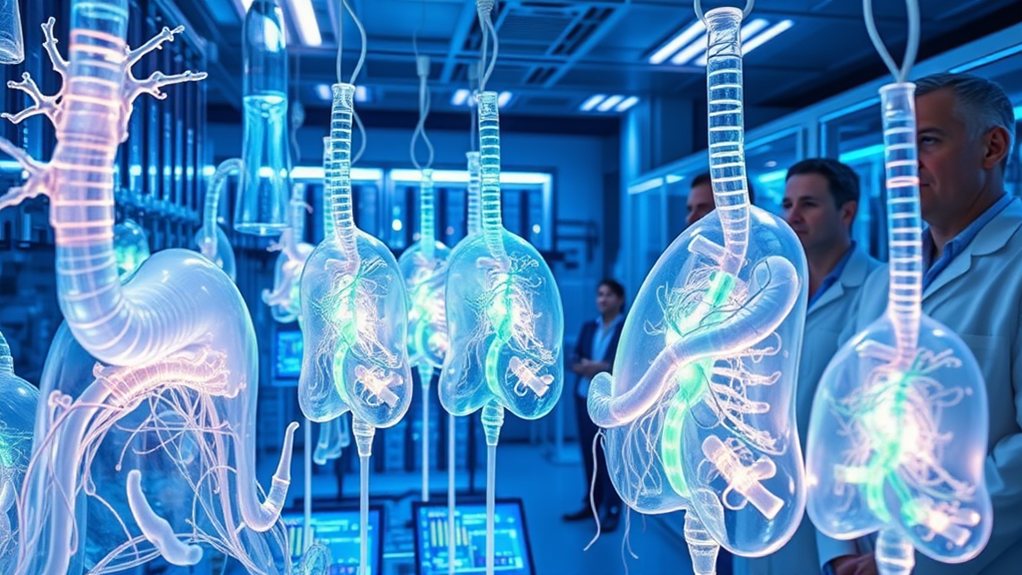
Scientists have revived ancient algae that had been sleeping for nearly 7,000 years beneath the Baltic Sea. This incredible discovery came from an international team of researchers who retrieved sediment samples from 250 feet below the sea’s surface. The algae they found belong to a type of phytoplankton, which is essential to many aquatic ecosystems. These organisms had entered a sleep state, where their metabolic activity slowed down considerably, allowing them to survive for millennia.
Once the team brought the algae back to life, they discovered that these ancient organisms could grow, divide, and perform photosynthesis just like their modern relatives. It’s amazing to think that these algae remained fit and healthy after so long. Their survival highlights the resilience of life, showing that even after thousands of years, some organisms can bounce back and thrive.
The importance of this research goes beyond just the algae. These deposits act as time capsules, giving scientists a glimpse into ancient Baltic Sea ecology. By studying the revived algae, researchers can learn about the biological communities that existed long ago and how they evolved over time. This information is critical for understanding how ecosystems change and adapt to environmental conditions over millennia.
Biologist Sarah Bolius from the Leibniz Institute emphasized the significance of these findings. She pointed out that the research helps us understand our ecological history and the potential implications for studying ancient life forms.
As people hear about this fascinating research, reactions have been mixed. Some express excitement about the insights it offers, while others worry about the potential for ancient pathogens linked to the algae. There’s even been some humorous commentary about teenage sons, relating them to the revived life forms.







